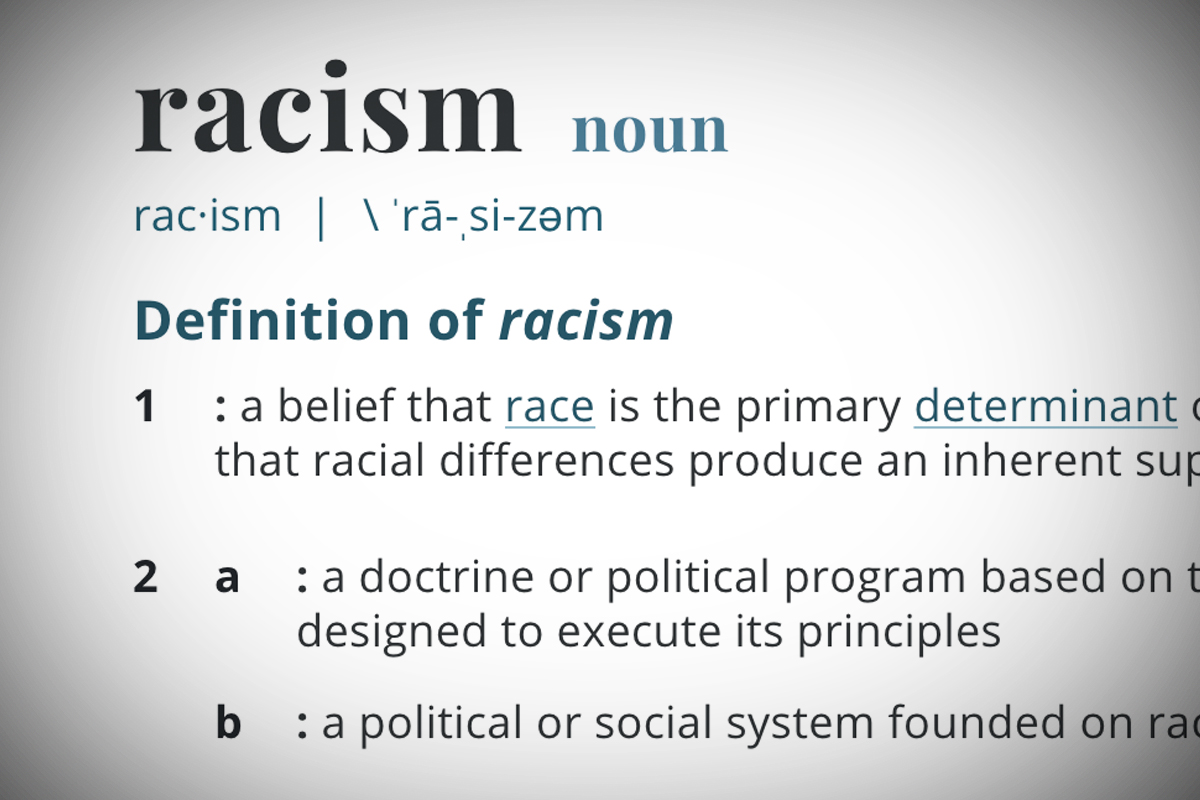

Racial politics definition how to#
In October 2019, on the death of Elijah Cummings, a CNN analysis discussed the congressman's understanding of racial politics in the US, praising his ability to "navigate a white world - how to get along with white Americans as a means of better holding the country to account". This is a crucial aspect of modern-day politics and is often a major factor in elections.īy 2019, racial politics was being increasingly identified as a reemergent phenomenon, with some media describing it at its most extreme in the history of the United States. In doing this, Republicans and Democrats alike ensure certain trends in voting patterns and constituent concerns, as they place a high concentration of minorities within a voting district. Perhaps the most glaring aspect of racial politics today is the re-drawing and shaping of district lines to seclude minorities in certain areas. In 1997, the interim replacement of Yvonne Gonzalez with a white man as Dallas ISD superintendent, was met with public unrest due to the racial politics of the situation. Supported by the NRA, the motivation of the Act has been described as racially motivated, in relation to the growing Black Panther movement.


In 1967, California Governor Ronald Reagan signed the Mulford Act as reaction to growing racial politics in the country. This was a major success for civil rights advocates, including the NAACP. The Supreme Court determined that the establishment of separate schools for whites and blacks was inherently unequal and unconstitutional. Ferguson was overturned in the Supreme Court case Brown v. Plaintiff Homer Plessy, whose ancestry was 1/8 African American, was persuaded by civil rights activists in New Orleans to test a new law that required separate accommodations for blacks and whites on railroads. Segregation was legal, so long as the segregated schools and facilities provided to whites and blacks were equal. In 1896, the Supreme Court of the United States determined that the, "separate but equal", doctrine was constitutional in the case Plessy v. The Northern Republicans realized that the South would not simply erase the strong racial divide that existed despite the abolition of slavery, and so in hopes of having a functioning Government allowed for such restrictions to exist. įurthermore, the tension between the Northern Republicans and Southern Democrats continued for many years after as the South created Jim Crow laws and continued the segregation of individuals of color.

In 1861 the Civil War between the Northern and Southern states of the nation was fought primarily over the Confederacy's evil practice of enslaving African Americans based solely on their race. The United States Government has since the time of its creation been divided, and in many ways developed based upon issues of race. The practice has been a major part of American government since its creation, and often divides the Republican and Democratic parties. One of the Racial politics in United States is to describe racially charged political actions by Abigail Thernstrom, the vice-chairman of the U.S. Ahead of the 2019 Canadian federal election, while describing them as "conditional multiculturalists", a National Observer analysis stated that white Canadians didn't easily engage in racial politics. In 2015, Jagmeet Singh campaigned against police carding, in what Maclean's described was "racial politics were at the crux" of the policy. Rosemary Brown has been described as one of the earliest politicians to attempt to challenge the divisive racial politics of Canada, during the 1975 NDP leadership election.


 0 kommentar(er)
0 kommentar(er)
